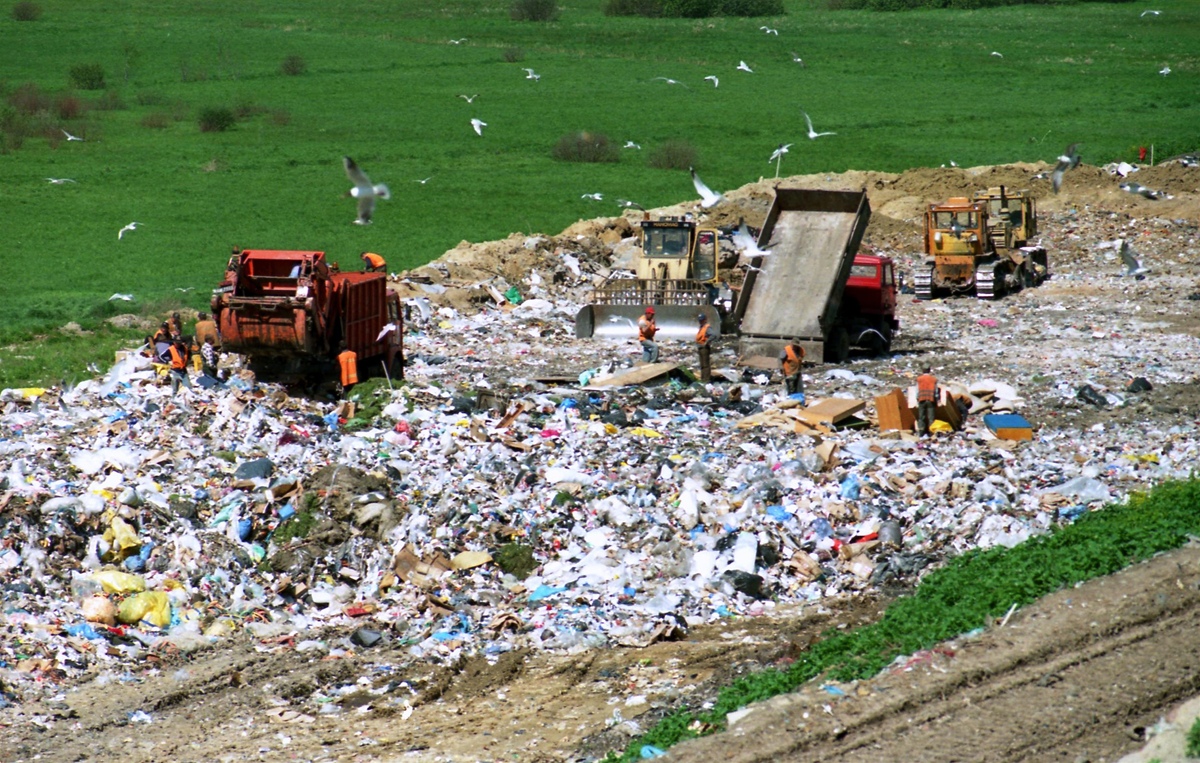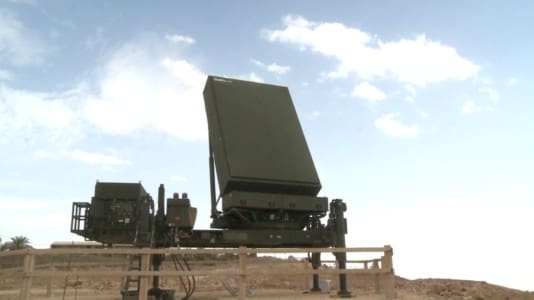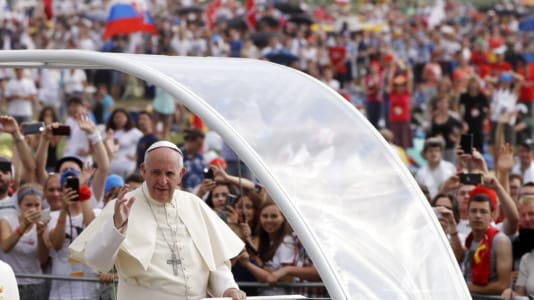Poland has lodged an official complaint with the European Commission against Germany for the alleged dumping of 35,000 tons of waste on Polish territory.
Polish Climate and Environment Minister Anna Moskwa told reporters that the formal complaint marks the initial step on the road to legal proceedings that will be pursued in the European Court of Justice.
According to the Polish authorities, the waste in question was illicitly transported and deposited into seven landfills located across Poland, all originating from Germany. The Polish government claims to have repeatedly engaged in communication at both the state and federal levels with its western neighbor, urging the prompt removal of the unauthorized waste from Polish soil.
“We have been left with no choice. We are following the path dictated by European law, utilizing a complaint to the European Commission as the primary stage in proceedings before the European Court of Justice,” Moskwa said.
She further appealed to the “very green German government” to promptly address the situation and take full responsibility; she also highlighted the burden placed on Polish taxpayers due to the expense associated with the management and handling of the imported waste.
“We cannot afford to bear the cost of exporting and managing German waste on our own,” Moskwa added.
In response, Germany’s spokesperson for the environment ministry, Christopher Stolzenberg, said that illegal waste exports are something the German government views with concern and wants to sharpen EU rules on.
He added that he didn’t have the Polish complaint and couldn’t comment substantially on it.
However, Stolzenberg said that, in Germany, state governments rather than the federal government are responsible for implementing the law, including investigating, tracing, and ordering the return of illegal exports. He said Berlin tries to help “informally” where it can.





